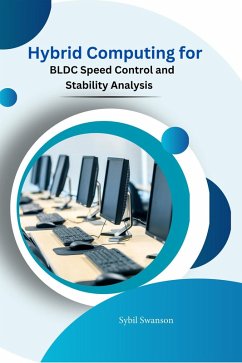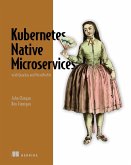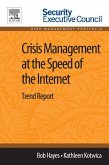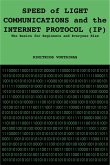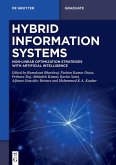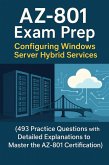The book begins by introducing the basics of BLDC motors and their applications, followed by an overview of the mathematical models used for their analysis. The author then presents the fundamental concepts of hybrid computing techniques, including artificial neural networks, fuzzy logic systems, and genetic algorithms. These techniques are used to design control systems for BLDC motors, optimizing their speed and stability.
The book also covers various simulation and optimization techniques, including Matlab/Simulink, PSO, and particle swarm optimization. The author provides detailed examples and case studies of BLDC speed control and stability analysis, including the effects of parameter variations and disturbances.
Hybrid Computing for BLDC Speed Control and Stability Analysis is an essential resource for anyone interested in the design and control of BLDC motors using hybrid computing techniques. The book provides a comprehensive and practical approach to understanding the principles of BLDC control, making it an excellent reference for both students and professionals in the field.
Dieser Download kann aus rechtlichen Gründen nur mit Rechnungsadresse in A, B, CY, CZ, D, DK, EW, E, FIN, F, GR, H, IRL, I, LT, L, LR, M, NL, PL, P, R, S, SLO, SK ausgeliefert werden.
Hinweis: Dieser Artikel kann nur an eine deutsche Lieferadresse ausgeliefert werden.

